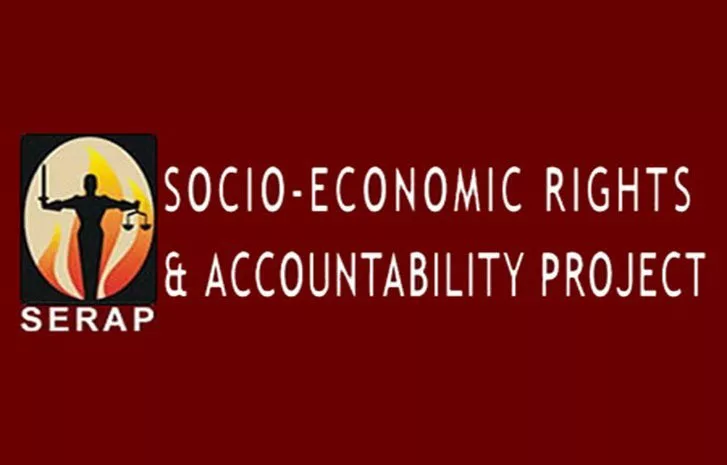The Socio-Economic Rights and Accountability Project (SERAP) has urged the Federal High Court in Abuja to restrain the federal government from implementing the 50 per cent telecom tariff hike approved by the Nigerian Communications Commission (NCC).
SERAP, in the suit that has yet to be assigned to a judge, is seeking a declaration that the NCC’s decision to increase telecom tariffs by 50 percent is arbitrary, unfair, unreasonable, and incompatible with citizens’ rights to freedom of expression and access to information, and therefore unconstitutional and unlawful.
The organisation is also asking the court to determine whether the NCC’s unilateral decision to authorise the telecom tariff hike is arbitrary, unconstitutional, unlawful, unfair, unreasonable, and inconsistent with citizens’ freedom of expression and access to information.
SERAP is also praying to the court for an interim injunction restraining the NCC and its officers, agents, and other individuals from implementing, enforcing, or taking any action to effectuate the NCC’s decision to hike telecom tariffs by 50 percent.
The NCC recently approved a 50 percent increase in telecom tariffs. As a result, the average cost of calls will rise from N11 to N16.5 per minute, the price of 1GB of data will increase from N431.5 to N287.25, and SMS rates will go up from N4 to N6.
In an affidavit attached to the suit filed on its behalf by Ebun-Olu Adegboruwa (SAN), the applicant argued that legal and constitutional provisions, as well as international standards related to freedom of expression and access to information, serve as a foundation for legality.
It further stated that these requirements constrain the NCC’s exercise of statutory powers in authorising any tariff increase.
SERAP also claimed that the law imposes clear duties of fairness and reasonableness on the NCC in exercising its powers to authorise the telecom tariff hike by 50 per cent, which is the focus of this suit.
The applicant maintained that the NCC must base its decision on reasonable interpretations of its enabling statutes, guidelines, and other relevant legal frameworks and follow due process in safeguarding consumers’ rights.
SERAP also averred, “The NCC’s approval of the telecom tariff hike constitutes a significant violation of the Federal Competition and Consumer Protection Act 2018, the Nigerian Constitution of 1999 (as amended), and the African Charter on Human and Peoples’ Rights, to which Nigeria is a state party.
“These legal provisions and international human rights standards affirm that every person has the right to seek, receive, and impart information through any communication medium without discrimination.
“The constitutional and democratic discrepancies highlighted by SERAP become even more evident when comparing the NCC’s unilateral decision to the procedural requirements necessary for approving any tariff increase.
“The NCC is the authorised agency responsible for promoting and implementing national telecommunications policy in Nigeria.
“This latest unconstitutional and unlawful increase in telecommunication tariffs comes alongside a National Bureau of Statistics (NBS) report indicating that approximately 133 million Nigerians are living in poverty.
“The NBS report also reveals that over half of Nigeria’s population is multi-dimensionally poor, relying on traditional fuels such as dung, wood, or charcoal rather than cleaner energy sources.
“The increase in telecommunication tariffs represents a serious breach of due process, as the NCC’s purported approval did not meet the necessary threshold for consultation with key stakeholders, notably the Federal Competition and Consumer Protection Commissions, Nigeria’s main consumer protection agency.
“The timing of the tariff’s hike is particularly troubling, as Nigerians are already struggling with a cost of living crisis that has resulted in reduced quality of life, rising unemployment, and increased hardship, with many vulnerable individuals relying on public and religious organisations for free food.
“Current economic conditions in Nigeria reflect widespread poverty affecting a significant percentage of the population, coupled with many state governments’ growing inability to pay salaries and pensions, especially in the wake of the fuel subsidy removal, electricity tariff increase, and rising food prices.”




